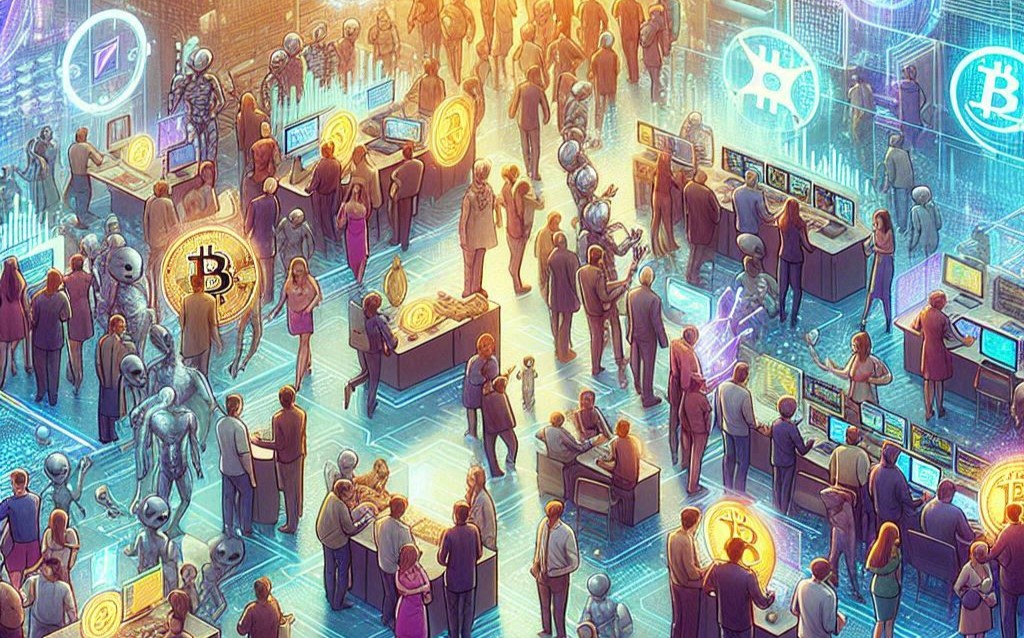Crypto traders in India can no longer make cash transactions, avoiding tax payments as Binance ends P2P payments.
For peer-to-peer (P2P) cryptocurrency transactions in India, the use of cash payments has been prohibited by the major cryptocurrency exchange Binance. It is no longer possible for local users to purchase or sell supported cryptocurrencies with cash deposits or withdrawals.
Binance P2P Users in India Are No Longer Permitted to Use Cash
Before this change, Binance permitted escrow for Indian merchants, enabling them to finalize transactions once cash had been received or deposited directly into bank accounts. Traders utilized this option to continue conducting business clandestinely and circumvent the possibility of government intervention. Specific traders opted for cash transactions rather than online fund transfers to evade the substantial taxes levied by the government. Although choices remain accessible, the cash option has been eliminated.
Compliance-related as the exchange’s action ensures that the platform no longer permits users to circumvent government regulations, including tax obligations. Nonetheless, several stakeholders have raised concerns regarding the security of currency options.
Recent remarks by the proprietor of Crypto Legal, which focuses on cryptocurrencies and blockchain, shed light on several of these issues. Purushottam Anand asserts that there are significant physical and financial dangers to consider.
Instances have been reported in which traders were subjected to physical assaults and coerced into surrendering cash or transferring virtual assets during in-person meetings. Fraudsters exploit the reluctance of victims to file criminal complaints because of regulatory ambiguity concerning the legitimacy of such transactions, particularly when the sum exceeds 2 lakh rupees, he said.
Since the trades do not theoretically violate local regulations, Binance’s behavior could indicate a willingness to comply with the Indian government. The exchange purports to be a neutral third party that facilitates escrow services for individuals seeking to engage in cryptocurrency transactions, which involve assets that do not meet the country’s legal tender requirements.
Binance has discontinued P2P cash payments; however, Dubai users can settle transactions through direct AED currency deposits or exchanges. Compared to India, the Dubai government is considerably more receptive to cryptocurrencies.
The Crypto Scene in India
Several additional cryptocurrency exchanges may discontinue cash payments for peer-to-peer transactions in response to Binance’s decision. This could impede the cryptocurrency landscape in the country even further.
The position of Indian authorities regarding cryptocurrencies is intriguingly divided. As an illustration, the Securities and Exchange Board of India (SEBI) is enthusiastic about developing a regulatory structure enabling investors to engage in cryptocurrency trading within the nation. Internal documents indicate that SEBI’s proposed framework would not consolidate the regulation of digital assets under a single agency. The Board thinks that stablecoins and any other cryptocurrencies supported by fiat currencies should be administered by the Reserve Bank of India (RBI). Thus, SEBI retains authority over several additional assets.
Furthermore, SEBI has requested that all pension-related cryptocurrencies be regulated by the Insurance Regulatory and Development Authority of India (IRDAI) and the Pension Fund Regulatory and Development Authority (PFRDA).
Conversely, the Reserve Bank of India (RBI) opposes introducing private cryptocurrencies into the financial sector and intends to prohibit stablecoins.



